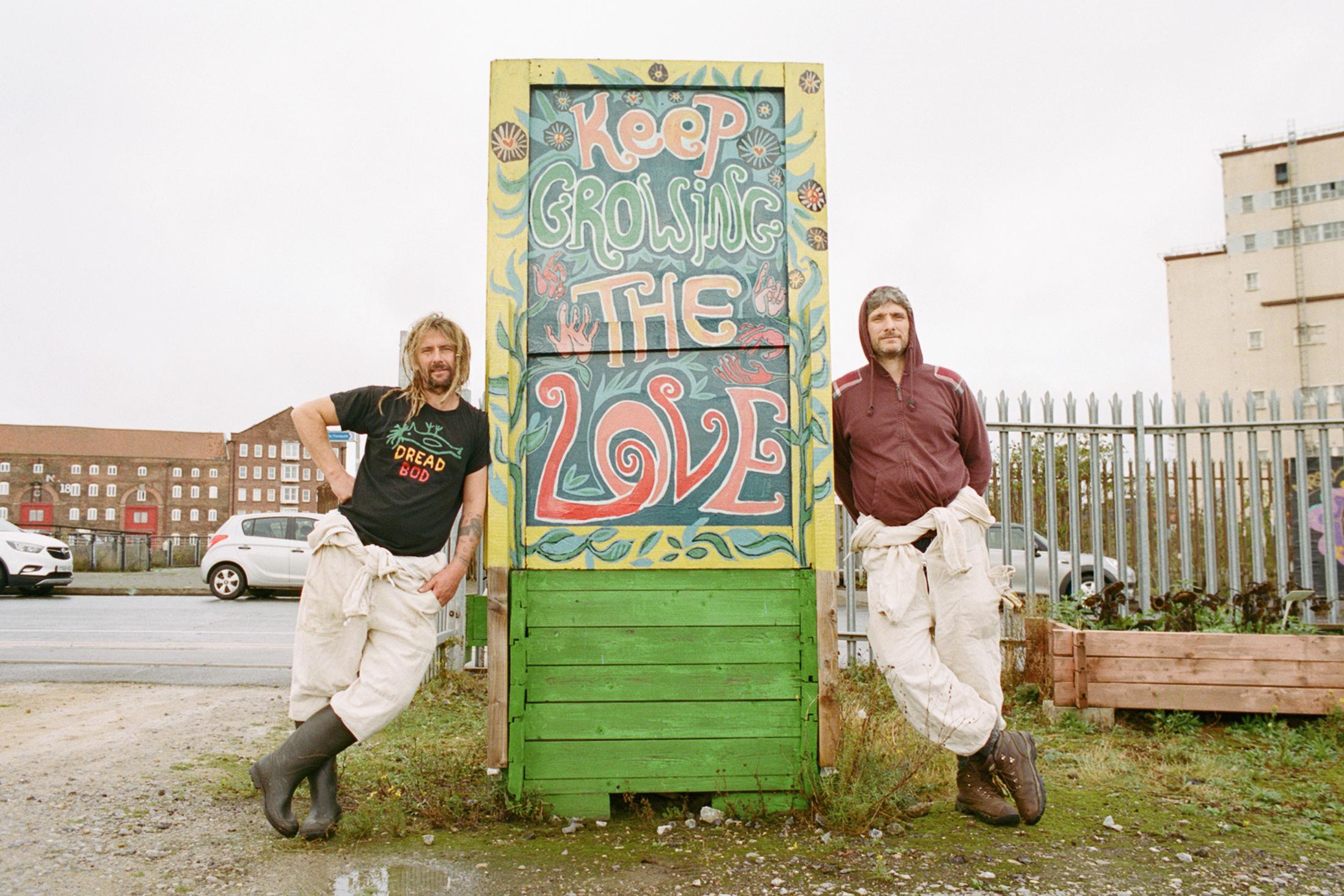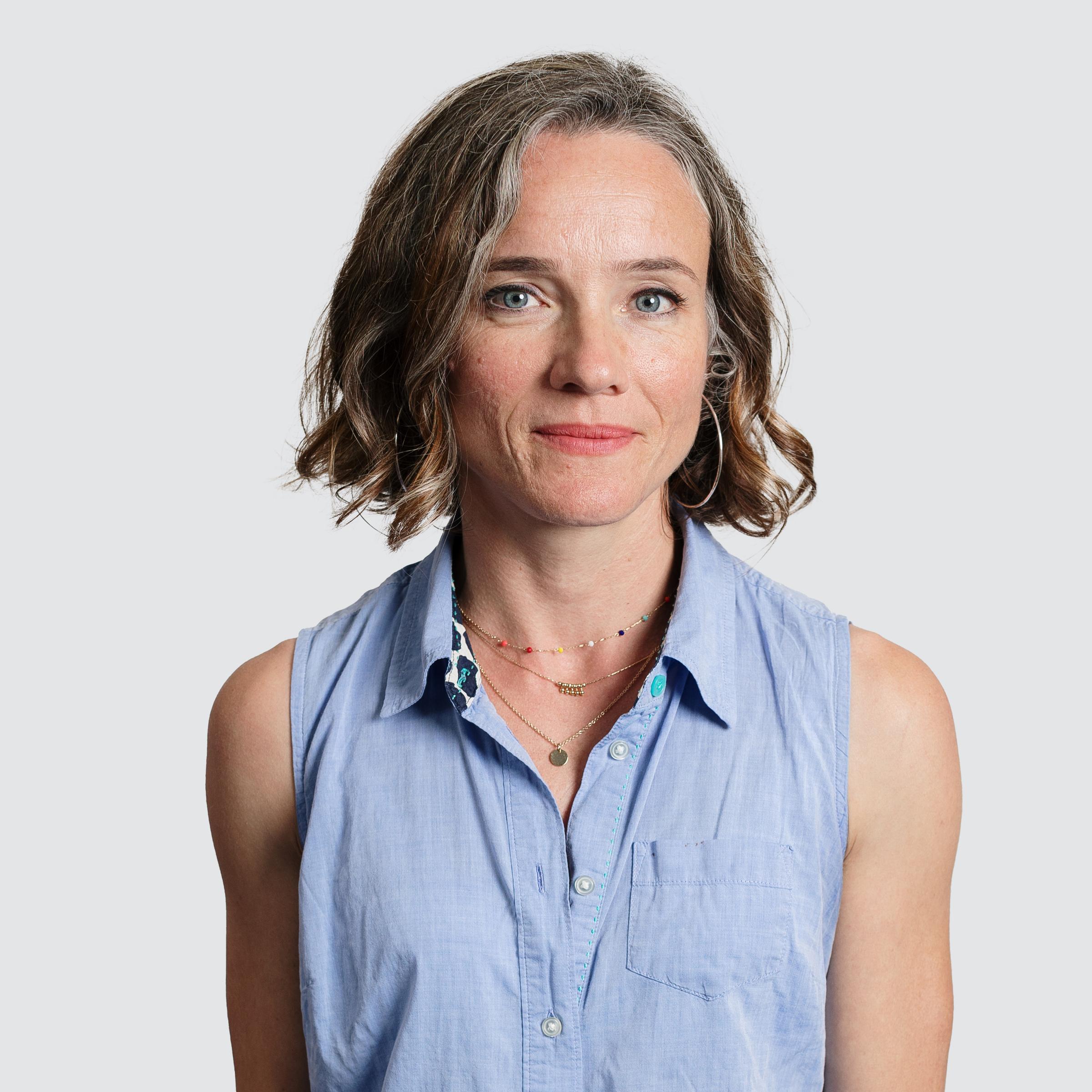Reflections on Next Frontiers
Earlier this month, along with a group of partners, we hosted Next Frontiers: unlocking resources in this time of crisis and possibility. This blog shares a short summary of some of the rich themes our speakers explored.
This is the second year that we’ve hosted a major conference exploring the crucial roles different types of capital and finance might need to play at this time in history. Alongside over 65 incredible speakers from around the world, we welcomed 400 people to King’s Place in London, with another 1,400 online.
We wanted to run this conference in recognition that these times demand so much more than business-as-usual from philanthropists and investors alike. We set out to host speakers who are pushing the boundaries of practice and thinking, exploring topics such as new models for economic democracy, post-endowment philanthropy, and how to redirect resources within the Great Wealth Transfer.
We also wanted to create a space to bring together people who are all holding the beacon for a more regenerative and reparative future. Being in this space can be lonely. We wanted to convene people to inspire and motivate each other, and to see the possibilities of what we might achieve collectively through forming alliances across fields. We also wanted to hold ourselves accountable to the ambition of supporting and speeding up the transition to more equitable and just futures.
Over the coming months, we’ll be sharing a series of more in-depth pieces on some of the themes from the conference. But for now we wanted to offer some more immediate reflections, and signpost some of the powerful insights shared on the day. You can find all the panel videos on JRF’s YouTube channel, and we have produced a resources document for you to dive into.
Framing the challenges
It matters what stories make worlds, and what worlds make stories
As humanity moves through multiple self-inflicted crises, a number of our speakers urged us to confront the moment we are in head-on. This is not simply about responding to challenges as they manifest themselves, but rather facing up to the possibility that the underlying logics of Western capitalist economic and social systems may need to change. The way we see the world shapes how we treat it: we heard how this work requires us to look at why we believe what we believe, and to open our minds to new forms of knowing and being in the world. Today’s polycrisis is an invitation to reshape our relationship to ourselves, each other, the economy and the planet. Are we ready to do this work? Are we ready to engage with what it means for how we view wealth, accumulation and growth? Are we ready to build into the future with a full awareness of past harms and legacies?
Learn more:
- Unlocking resources in a time of crisis and possibility.
- The state of funding change: how should we act, and how should we be together?
- Facing histories.
- Routes to reparations.
How to think about transitions
Time is not an arrow relentlessly moving forward, but something circular and strange, more akin to a lake in which past, present and future exist
We are in the midst of a transition, a place where the old world no longer makes sense, but the new world has not yet emerged. During the day we heard from a range of speakers who offered ways of understanding this uncertain, emergent landscape, to help us work out how to act at a time when so much seems unclear. Transition is a time for unlearning, experimentation, re-learning, integration, humility and pluralism. To reflect that, we shared a range of practices and frameworks that might help us to navigate social change in both new (and very old) ways: ways that bring the more-than-human and planetary intelligence into the picture, the queer and quantum, and ways that honour ancient wisdom and the concerns of future generations. What role could philanthropy play in this time of transition? Is it an aspect of the old system that is no longer serving us well, or does it have a role to play in resourcing the transition in this next critical decade, and what might that role (or roles) be?
Learn more:
Liberating capital
Extreme inequality of wealth, income and opportunity is warping everything we care about. It takes away the sense that we’re all in the same boat. It screws up communities.
At the heart of this conference lay a question: what will it take to shift wealth so that it works in service of regenerative and reparative futures, rather than sustaining the status quo? A big theme throughout the day was about the need to examine our relationship to wealth, money and power. What constitutes ‘enough’ and what would it take to change the way we think about these things? Can we shift from a scarcity mindset to one of abundance? Throughout the day we heard from progressive wealth holders about their own journeys, as well as from pioneers designing new investment vehicles that build economic democracy and grow community and ecological wealth. As part of these discussions we explored the question of whether philanthropy will remain a byproduct of colonial capitalism, or whether it can play a role as a critical catalyst to support post-capitalist realities.
Learn more:
- The psychology of wealth.
- Liberating capital: progressive wealth holders and land owners.
- Tax justice.
- Building community and ecological wealth through new investment vehicles.
Shifting how we think about current practices
Even within the logic of the current financial system, we can find innovations and possibilities that show glimmers of what a regenerative future could look like. During the day we heard from pioneers who are re-shaping models of investment in places, and from changemakers who are re-imagining the way we think about and design social investment and pensions, offering new models that don’t simply follow the extractive practices of mainstream finance. We also dived into elements of current regulatory, legal and policy frameworks that will need to be redesigned to support the transition. This ‘boring’ work matters: change will not happen in communities alone, but also in the ways in which regulatory frameworks are shaped, and the ways in which both old and new institutions are governed.
Learn more:
- Place based panel.
- The ethics of investing.
- Pensions: turning the tanker.
- Investing in a ‘boring’ revolution.
Nurturing the new/saying goodbye to the old
What we pay attention to, grows
What is it like to build the new in the context of the old? How does it feel to be held up as a beacon of hope for where we need to move towards, in a world that is often hostile towards change? How can we better resource these pioneers and changemakers, in ways that nurture and deepen the work they are doing? We wanted these questions to be part of the day, to invite funders and investors to step back and reflect on where their money is going now, and whether they are investing enough in this messy space of building the future in the present. We also wanted to give equal weight to the work of hospicing the things that no longer serve us well: recognising that at any moment in time, the new world is being born, and the old world is dying. In this time of rapid transition, how we say goodbye, and how we steward loss, needs attention too.
Learn more:
- Supporting and nourishing the next system.
- Nurturing the next generation.
- Hospicing modernity.
We are so grateful to our partners and co-designers of this year’s conference, as well as to all the brilliant speakers who gave their time so generously on the day. You can read the full list of speakers and partners, and you sign up to be notified about other content related to the event as well as further events and convening we will be doing in relation to it. If you’re really keen, you can also access the resources document from 2022’s conference!

This reflection is part of the wealth, funding and investment practice topic.
Find out more about our work in this area.
